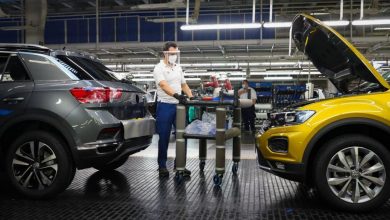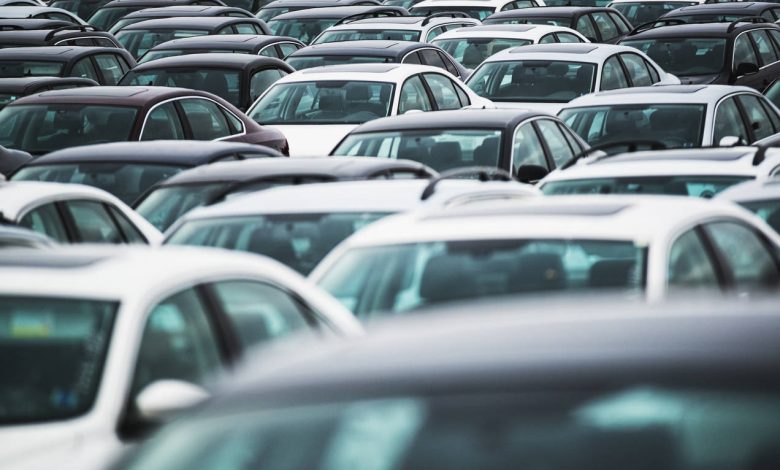
Total Vehicle Recall Doubles in 2019
As a stark indicator of vehicle quality, automotive recalls have doubled in 2019. Indian automakers surely need to raise the quality bar as recalls, - an indicator of vehicle fitness to the regulations - has gone quite worse. ET Auto research shows that the largest carmaker Maruti Suzuki leads the pack on recall.
New Delhi: Vehicle recall due to potential defects have reached the highest in the past three years with over 3-lakh vehicles recalled in the year 2019, as per a research done by ETAuto.
A total of 304,017 units in 2019 against 162,869 vehicles recalled in the previous year. While 2017 was the lowest with 80,531 units being recalled. This comes on the back of massive recalls of 1,000,467 units and 932,449 units, respectively in 2015 and 2016 largely on technical issues on Honda Cars India and General Motor India.
The primary reasons cited for recall were faulty airbag inflators, faulty suspension component, incorrect fitment of parts and critical braking issues.
| Vehicle manufacturer | Numbers of vehicles recalled |
| BMW India Pvt Ltd | 1,065 |
| FCA India Automobiles Pvt Ltd | 11,041 |
| Honda Cars India Ltd | 8,757 |
| Hyundai Motor India Ltd | 16,409 |
| Mahindra & Mahindra Ltd | 17,207 |
| Maruti Suzuki India Ltd | 104,111 |
| Mercedes Benz India Pvt Ltd | 17,190 |
| Skoda Auto Volkswagen India Pvt Ltd | 8,235 |
| Toyota Kirloskar Motor Pvt Ltd | 49 |
| Ford | 52,690 |
| Honda Motorcycle and Scooter India | 50,034 |
| Royal Enfield | 8,514 |
| Yamaha Motor | 7,757 |
| India Kawasaki Motors | 1,358 |
| Harley Davidson | 43,908 |
The growing number of recalls is an indication of dwindling adherence to the quality parameters and regulations enforced by the government. India does not have a recall policy so far, but all manufacturers follow a voluntary ‘Recall Code’ to announce issues pertaining to the fitness and performance of the vehicles. Also, the increase is indicative of the fact that companies are becoming sensitive to consumer safety and aiming to meet government safety norms, industry experts say.
While 2019 witnessed the highest adoption of safety norms by the government like anti-braking system (ABS) in cars and combi braking system (CBS) in two-wheelers. The quintessential crash test norms also came into effect during the year for all kind of cars, vans and SUV.
Maruti Suzuki tops the recall list in the PV segment in year 2019
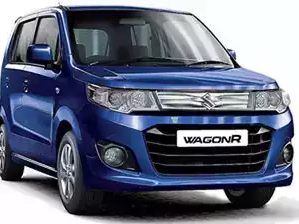
In the PV segment, 236,754 units were recalled by the automakers in 2019 as compared to 81,998 units in 2018.
The segment leader, Maruti Suzuki India recalled 104,111 units in two batches in the year 2019. On 6th December, it recalled 63,493 units of hybrid petrol variants of Ciaz, Ertiga and XL6 manufactured between 1st January 2019 to 21st November 2019 for inspecting a possible technical defect with the Motor Generator Unit (MGU).
The company had recalled 40,618 WagonR’s manufactured between 15 November 2018 to 12 August 2019 to inspect a possible issue of fuel hose fouling with the metal clamp. The recall exercise covered its WagonR (1-liter) variant only.
Ford India issued a massive recall of around 52,690 units in 2019 of which 22,690 units were of previous-generation of premium SUV Endeavour to check faulty airbag inflators. The company also carried an inspection of battery monitoring system (BMS) wiring harnesses installation in Freestyle, new Figo and Aspire models, numbering around 30,000 made at its Sanand plant in Gujarat between September 2017 and April 2019.
In the luxury segment, the leader Mercedes Benz India recalled 17,190 units across its different CLA, GLA, GLE, E-Class variants throughout the year. The recall was announced as a voluntarily update the software functionalities of certain models which are already complying with the BS-IV emission norms in India, using experiences gained from the field on the Euro-VI vehicles in Europe as well as future engine projects initiated by their parent, ‘Daimler AG’.
Another German luxury carmaker BMW India also recalled 1,065 units of its cars and two wheeler models this year. The affected brands were S1000 RR, MINI CooperS, BMW3 series and BMW 5 series and BMW X5 and X6.
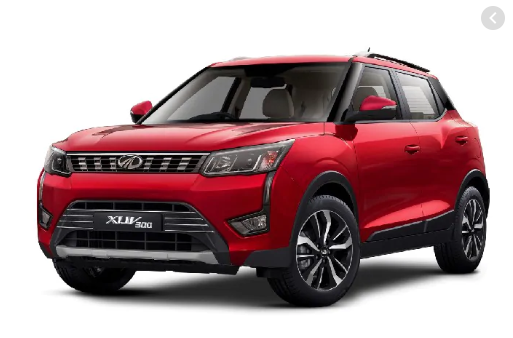
Homegrown auto major, Mahindra and Mahindra (M&M) recalled of 17,207 units across its XUV 300 and Mahindra Imperio, its premium pick-up truck. These Imperio recall was done on February 4, 2019, to inspect incorrect fitment of the rear axle.
Later in November, M&M announced recalling a limited batch of XUV 300 vehicles manufactured till May 19, 2019 to fix a faulty suspension component.
The South Korean carmaker Hyundai Motor India Limited recalled 16,409 units of Grand i10 and Xcent to inspect a possible fouling in Compressed Natural Gas (CNG) filter assembly whereas the Japanese carmaker Honda Cars India recalled 8,757 units across its different models in different batches. The models recalled include CR-V, City, Accord, Civic, Jazz, Accord. The reasons cited for recall was the replacement of faulty driver/passenger-side airbag.
Toyota recalled 49 units of Lexus (LS 500 H) Hybrid due to an issue of possible flat tyres whereas Skoda Auto Volkswagen India recalled overall 8,235 units across various variants of which Audi A3 accounts for 7,429 units manufactured from 2016 to 2018 due to a possibility of front LED turn signal detection failure.
Automaker Fiat Chrysler Automobiles (FCA) issued a recall of 11,002 units of its SUV Jeep Compass for updating powertrain control module (PCM) software to rectify variations that may cause non-compliance with the emission norms. It recall another 29 units of its expensive Jeep Wrangler (2.8 L-Diesel) on 18th March 2019 citing potential safety hazard during passenger airbag deployment that were manufactured between 2010 to 2016.
HMSI continues to witness highest number of recalls
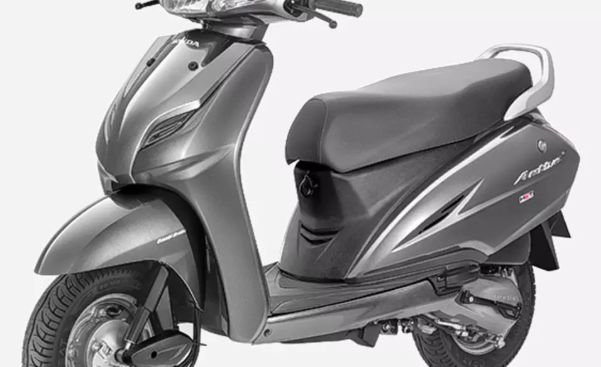
In two-wheelers it was the local unit of Honda two wheelers that stood the highest of the 67,773 two wheelers recalled this year in comparison to last year’s 56,721 units.
Honda Motorcycles and Scooters India recalled 50,034 units of its four variants Aviator (DISC), Activa 125 (DISC), Grazia (DISC), CB Shine (SELF DISC) CBS variants to fix the malfunctioning of the front brake master cylinder.
While the mid-size bike specialist Royal Enfield recalled 8,514 units of Bullet 350 & Bullet ES 350 to rectify faulty brake caliper bolt. The company said in a statement, “This is because service investigations revealed that the torque maintained on brake caliper bolts, as supplied by the vendor, on a few of these motorcycles were not as per stringent Royal Enfield quality standards.”
A defect related to non-fitment of rear-side reflector led India Yamaha Motor Pvt Ltd to recall 7,757 units, whereas India Kawasaki Motors issued a recall of 1,358 units of Ninja 300 models which were reported to have an issue with the master cylinder for the front brake.
American Motorcycle manufacturer, Harley-Davidson, issued a global recall for its Street range of motorcycles (Street 500, Street 750 and Street Rod), related to a brake issue including India wherein the motorcycles was recalled as well. A total of 43,908 units have been recalled globally, and all these affected models were manufactured between May 2015 and December 2018.
A policy in pipeline for holding automakers accountable
Under the new Motor Vehicles (Amendment) Act 2019, the government plans to hold manufacturers accountable for the exchange or repair of defective vehicles. Under the Act, the manufacturer has to either reimburse the buyer with the full cost of the motorvehicle or replace it with better specifications.
It also encourages manufacturers’ to initiate voluntary recall of defective vehicles by waiving off the finanaial penalty. If a manufacturer does not comply with defined rules, the fine may extend up to Rs 100 crore.
However, the vehicle recall policy was formulated by the government in the month of September this year, the Society of Automobile Manufacturers (SIAM) has been maintaining a voluntary recall information database since 2012, to collate all the recalls announced by the automakers.



